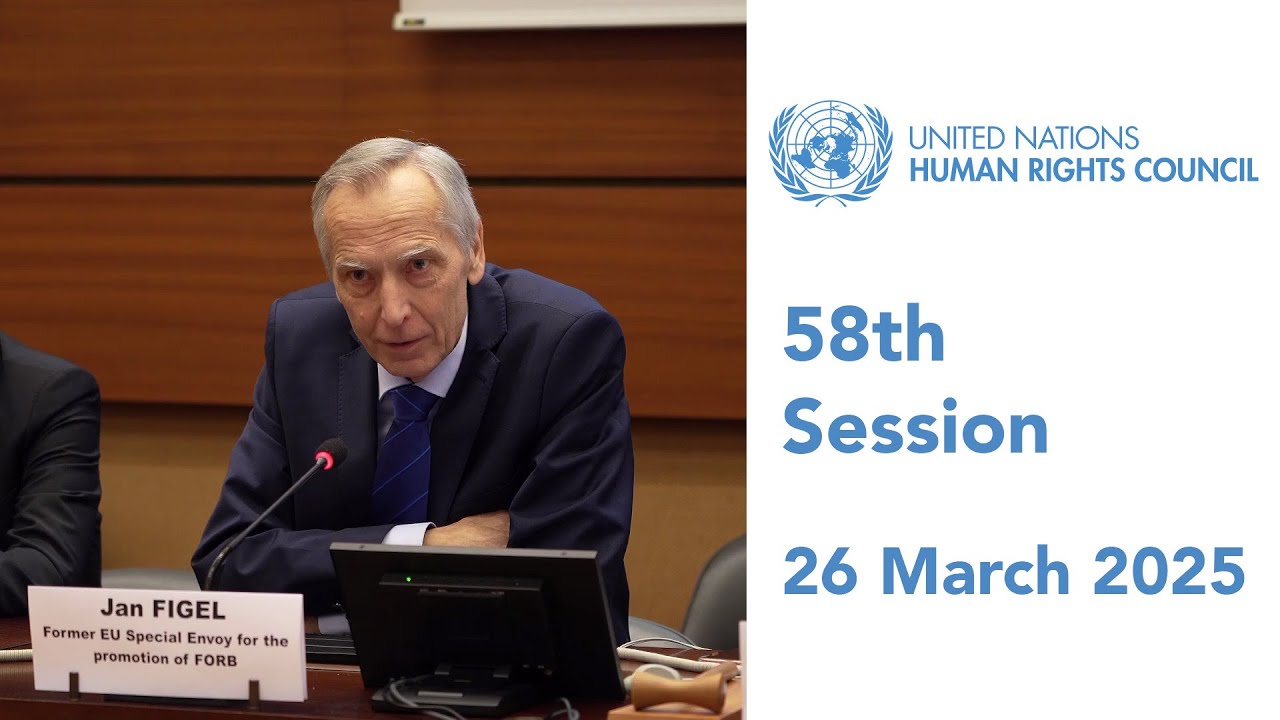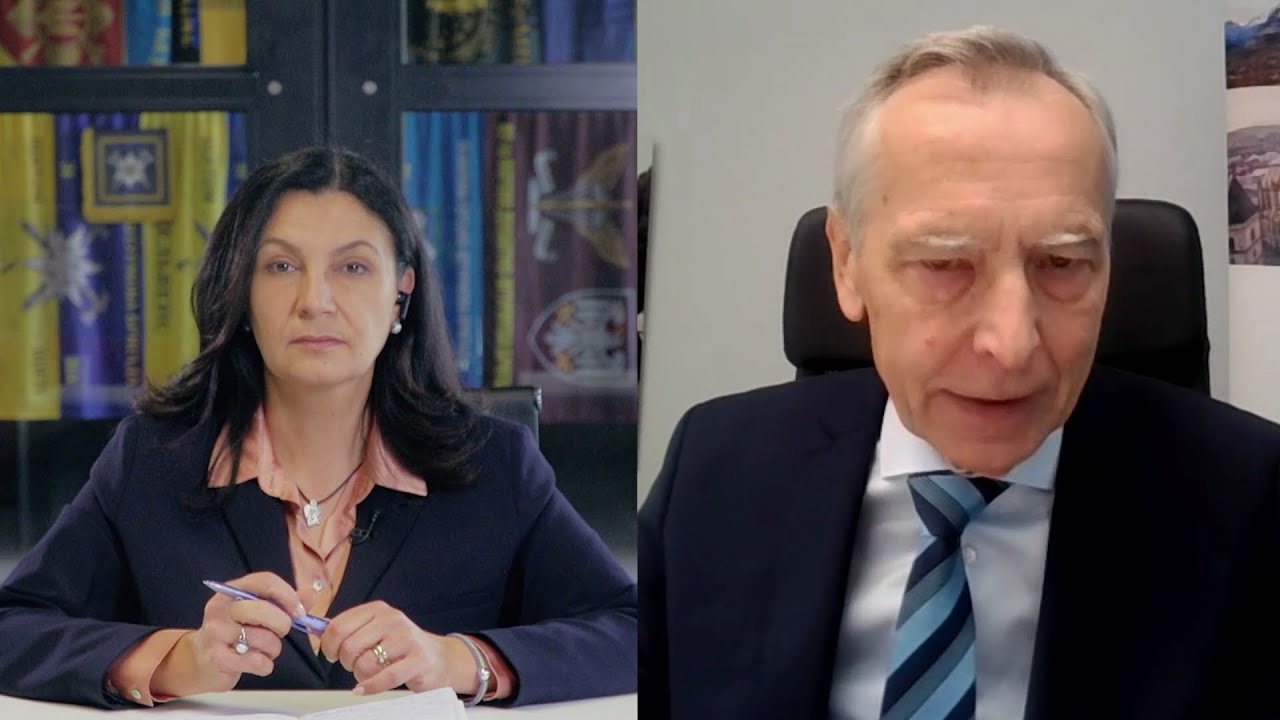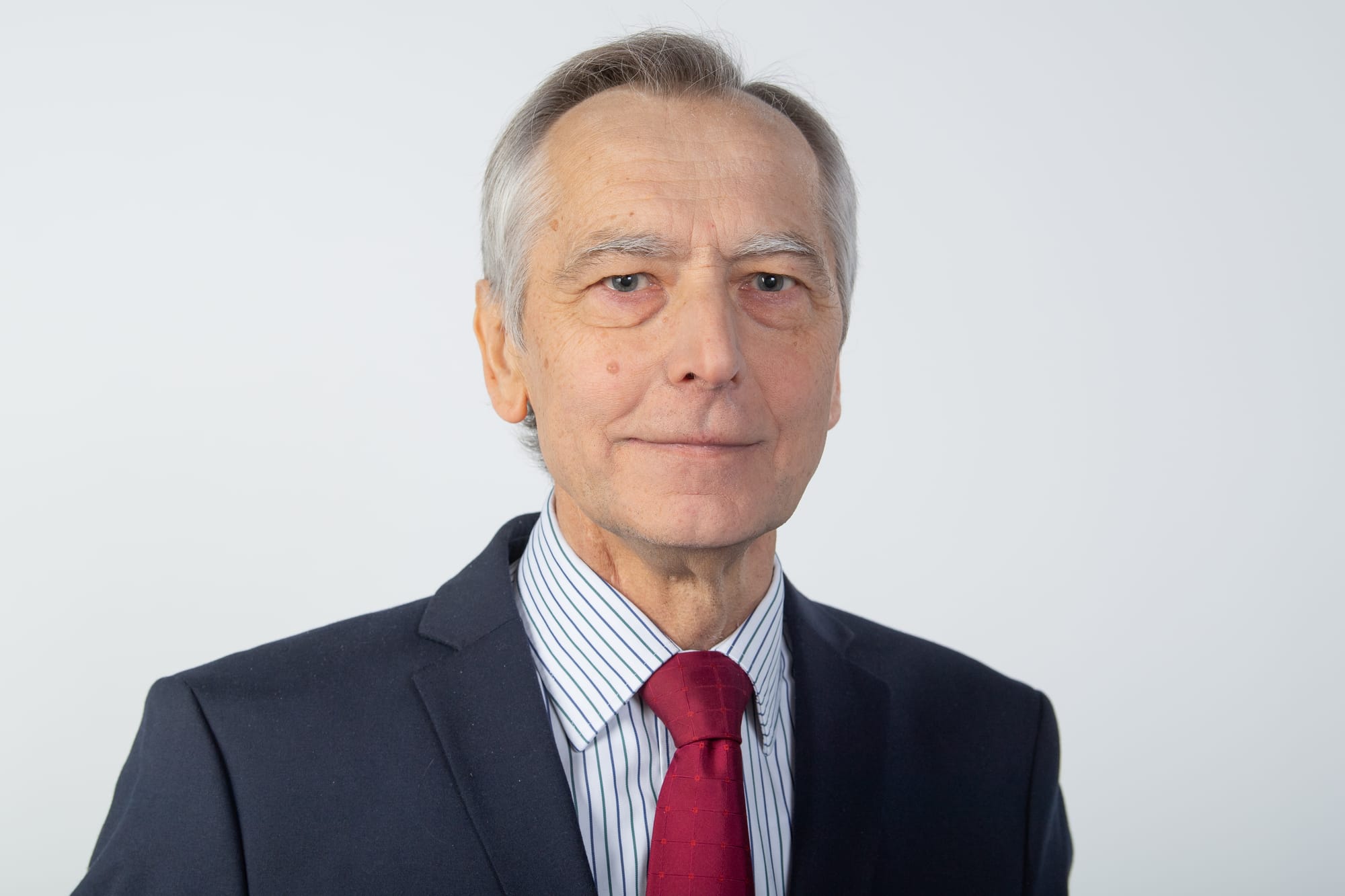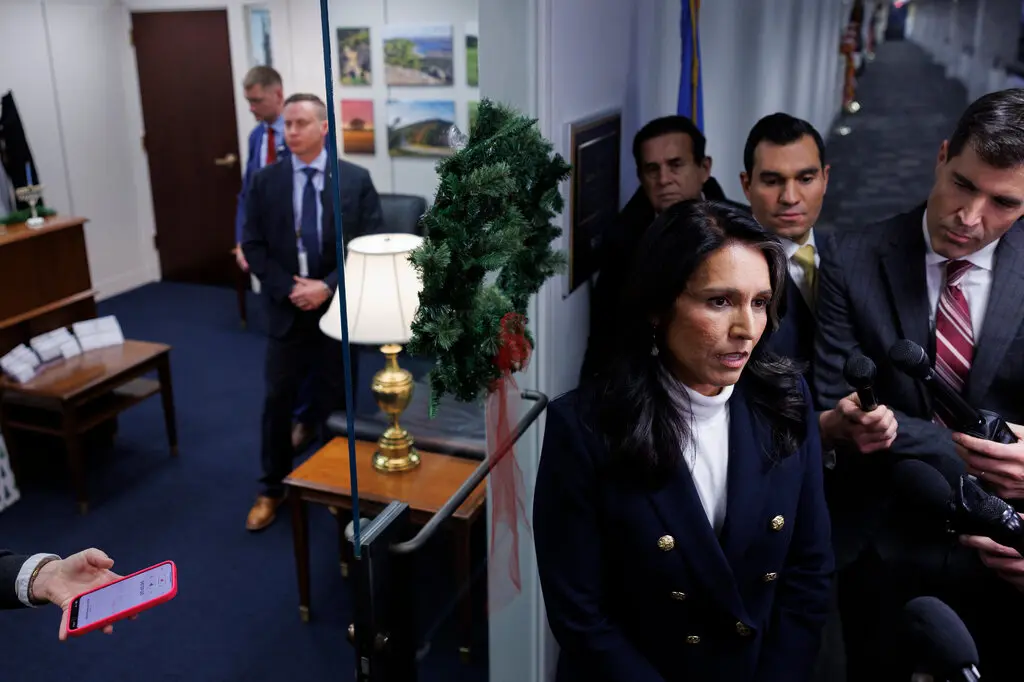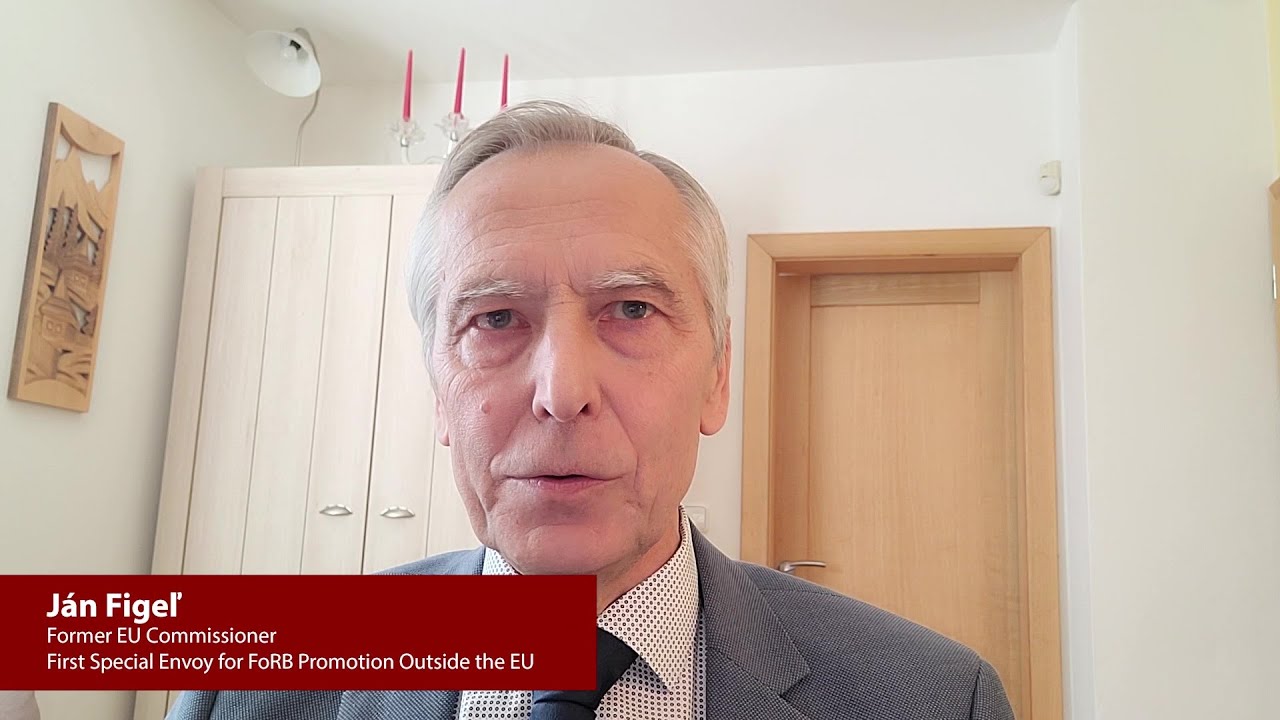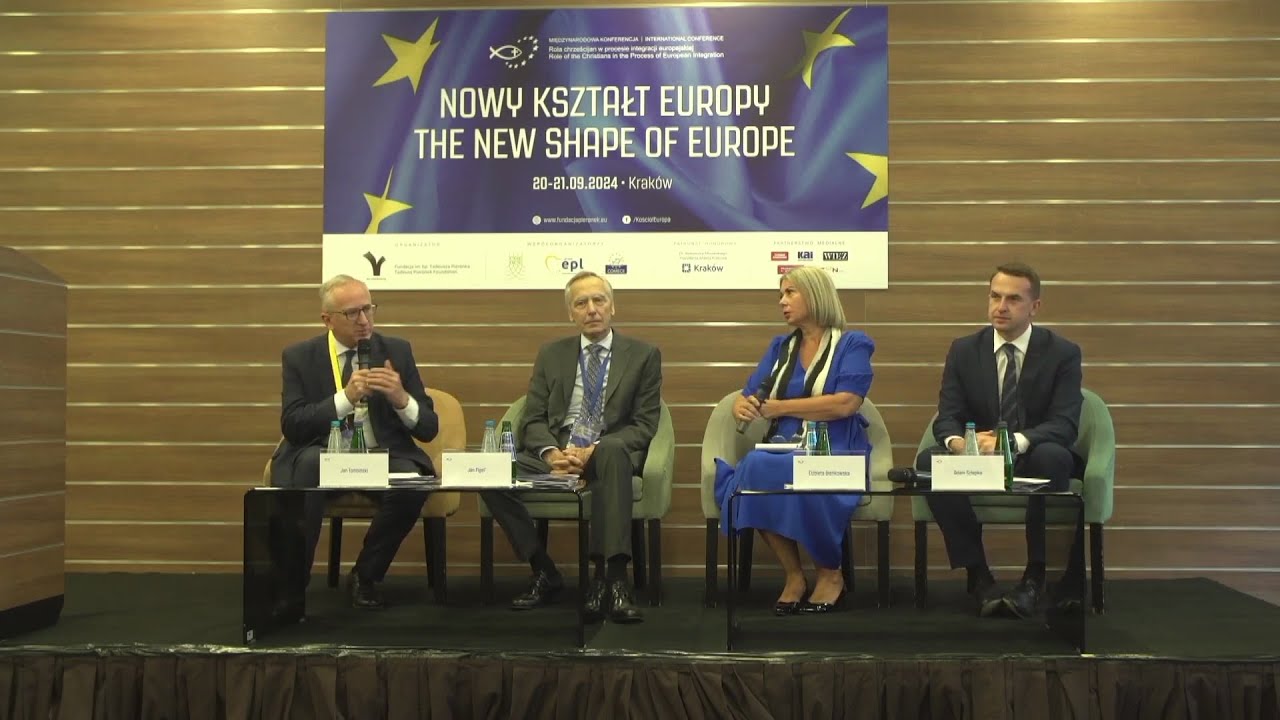Category: English
-
Schuman Plan 2.0 for lasting peace in Europe and for a new West-East Community
Peace in Europe is needed and possible. It is the basis of stability, the goal of security and a precondition for prosperity of countries. On May 9, 1950, the then French Foreign Minister Robert Schuman came up with a plan to create the European Coal and Steel Community as an offer to defeated Germany and
-
Keynote Address by Ján Figeľ – Religious Freedom and EU-Pakistan Relations
This keynote address by Ján Figeľ, former EU Commissioner and the first EU Special Envoy for the promotion of freedom of religion or belief outside the European Union, was delivered during a side event at the 58th Session of the United Nations Human Rights Council in Geneva on 26 March 2025. The event, titled “Human
-
‘Peace Talks’ Must Go Beyond Ending the War in Ukraine
COMMENTARY: Seventy-five years ago, Robert Schuman’s vision for economic partnership among the combatants of World War II led to the creation of the now 27-member European Union. A new West-East economic and trade community could make Schuman’s goal of lasting peace a reality. March 25, 2025 Peace in Europe is needed and possible. But as
-
Schuman Declaration 2.0: A great deal for peace, security and prosperity
Peace in Europe is needed and possible. It is the basis of stability, the goal of security and a precondition for prosperity. On May 9, 1950, French Foreign Minister Robert Schuman devised a plan to create the European Coal and Steel Community as an offer to defeated Germany and other countries. It was a surprise
-
Slovakia’s path to the EU. Important Information for Ukraine on the path to the EU.
Today, we were visited by Jan Figel, the former chief negotiator of the Slovak Republic for EU accession. This person’s experience is especially valuable to us, because some of the challenges we currently face on our path to the European Union are very similar to those that Mr. Figel had to overcome during the negotiation
-
Peace Foundation of Stability, EU Must Become Its Contributor
The foundation of stability is peace and the European Union (EU) shouldn’t only be its consumer, but also its contributor, former European commissioner and Slovakia’s erstwhile chief negotiator with the EU Jan Figel has stated in an interview for the Ukrainian EuroSapiens programme. Kiev/Bratislava, February 6 (TASR) – The foundation of stability is peace and
-
A Vatican Meeting Added to Scrutiny of Tulsi Gabbard’s Foreign Travels
Ms. Gabbard, President Trump’s nominee for director of national intelligence, was briefly subject to special scrutiny on airline flights last year, but not, officials say, for the partisan reasons she has alleged. By Mark Walker, Adam Entous and Julian E. Barnes Reporting from Washington Jan. 28, 2025, 2:39 p.m. ET Starting last summer, former Representative Tulsi Gabbard publicly berated the
-
Ján Figeľ’s Speech for the Faith and Freedom Summit IV in Panama City on 24 September 2024
https://faithandfreedomsummit.com
-
Ján Figeľ’s Speech for the Faith and Freedom Summit IV in Panama City on 24 September 2024
https://www.youtube.com/watch?v=BToPzkgqBSUu0026t=1s https://faithandfreedomsummit.com
-
Consequences of the Enlargement of the European Union – The Outcome of Two Decades (2nd Session)
XXIV International ConferenceRole of the Christians in the Process of European Integration THE NEW SHAPE OF EUROPE 20-21 September 2024 Introductory speechHerman Van Rompuy, first Permanent President of the European Council in 2009-2014, PrimeMinister of Belgium in 2008-2009 II Session:CONSEQUENCES OF THE ENLARGEMENT OF THE EUROPEAN UNION – THE OUTCOME OF THE TWO DECADES Panellists:Elżbieta


